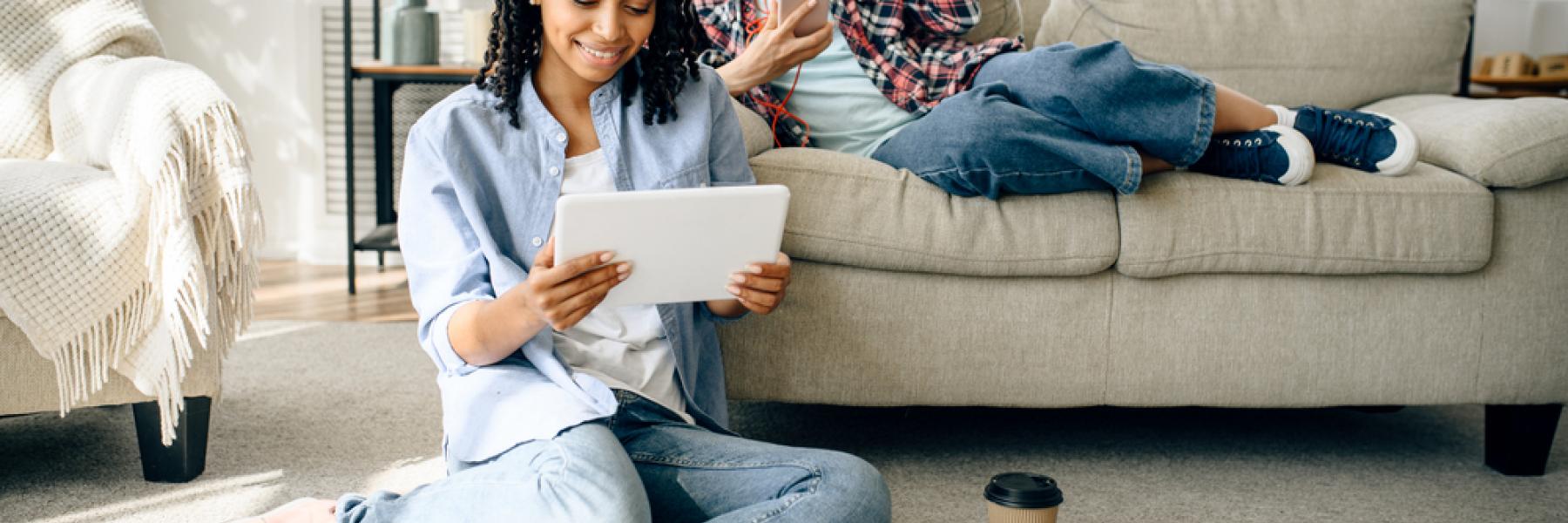
Cyber Safety
Internet usage for kids has increased in the last couple of years with more reliance on online learning and keeping up with social relationships.
Spending time online can be fun and an exciting way to keep in touch with family and friends;, however, it can also be risky and expose kids to situations and information not yet discussed in the home. Helping your child to learn how to use the internet safely can help reduce any worrying and risks online. This can be done with your child by:
-
Going online with them.
-
Talking about online content.
-
Being a role model.
-
Teaching them to be careful with personal information and avoiding online purchases.
-
Discussing online behaviours.
-
Setting up the privacy settings for their devices.
Social Media for Children
It is important to discuss how to keep safe while using social media.
There are a variety of different social media platforms that children can and do have access to such as TikTok, Facebook, Twitter, Snapchat or Instagram.
Using social media can be a great way to keep in contact with family and friends so it is good to start by using the internet together to discuss how to use it safely. Before creating profiles and connecting with people, establish privacy settings, discuss how to be safe and protect personal content like photos, videos and personal information to be shared online.
Online Threats
Cyberbullying
One in three children between the ages of 12-17 have experienced cyberbullying at least once with nearly 15% having bullied someone else online.
eSafety can provide support and advice if your child is being bullied online or help your child be an eSafe kid.
Online predators
Remind your kids to only connect and interact online with people they know. Some people online can pretend to be someone else or ask your child to send photos or information. Things to watch out for with online friends is a great resource to read with your kids to learn how to keep themselves safe.
Exposure to inappropriate content
The internet has lot of websites and content that are not always kid friendly. Remind your kids that they could come to you if they clicked on a link or saw an image or video that made them feel scared or confused. Reassure your child that it is not their fault if they saw something they do not like and encourage them to switch off the browser or device if it ever happens and tell an adult.
Misinformation
There is a lot of information online and sometimes it can be difficult to separate true information from fake. Opening the discussion on misinformation builds your child’s online detective skills by learning how to help kids know if something is fake.
[Source: Raising Children Network; ESafetyCommissioner ]
Related Topics

Getting a good night's sleep helps kids prepare better for their day and help to develop healthy habits.

Mental health is important for the healthy development and well-being of your child.


